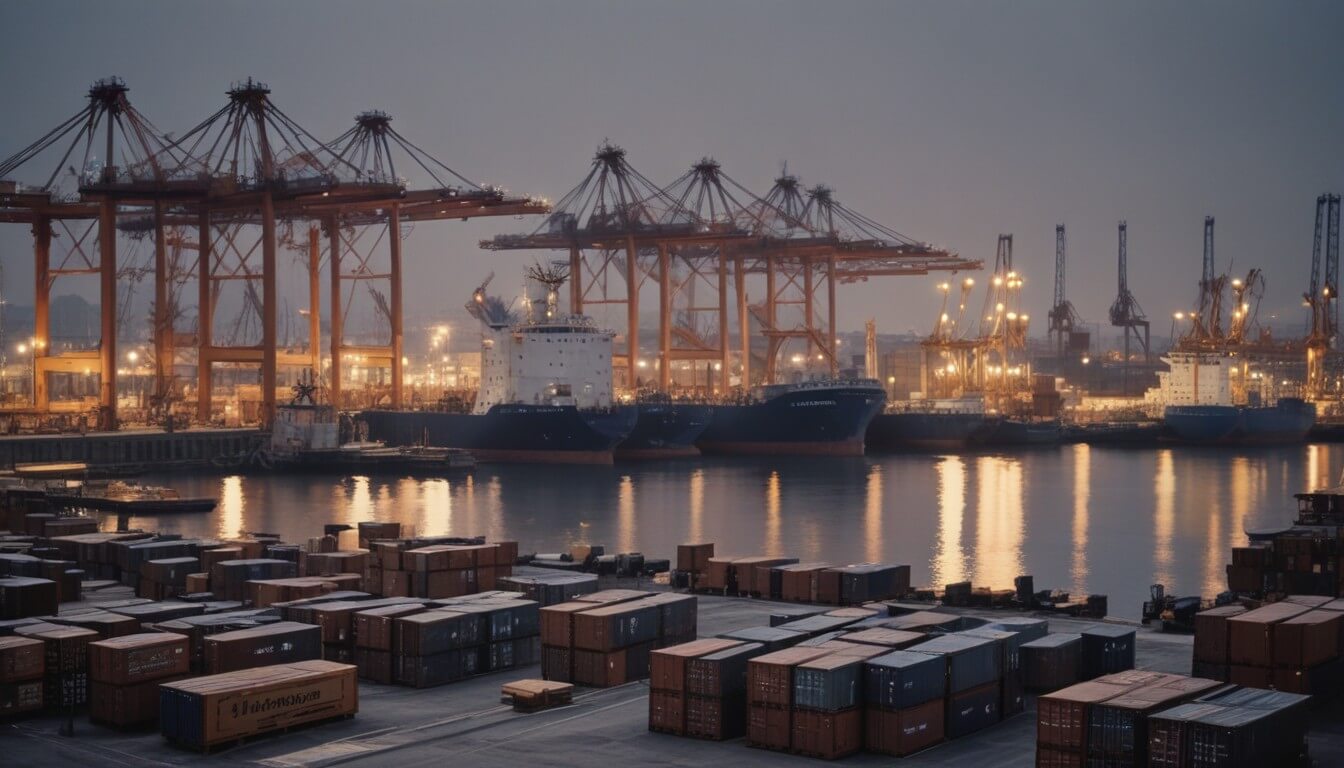Germany has set a new high-water mark in its cannabis import figures, positioning itself as Europe’s most robust federally regulated medical marijuana market. The country’s Federal Institute for Drugs and Medical Devices reported a significant increase, with imports reaching 31,398 kilograms of cannabis products. This marks a continuation of the growing trend observed over recent years, demonstrating a consistent rise in import volumes to meet the medicinal and scientific demand within the nation.
The impact of legislative changes on cannabis cultivation
For years, German importers have served as a critical outlet for international cannabis markets constrained by limited access to other major buying countries. With Germany introducing sweeping legislative reforms that came into effect on April 1st, there was a substantial shift in removing marijuana from its classification as a narcotic. Notwithstanding these changes, industry experts anticipate that the country will still depend on considerable imports in the near-to-mid term. Much of this expectation hinges on how swiftly domestic cultivation can be scaled up to meet current demands.
Historical insights and future implications
Legal and industry barriers had previously established a reliance on imported cannabis, mainly due to restrictive domestic cultivation guidelines under an old quota system, which has now been abolished. According to Peter Homberg of Dentons, this legal adjustment is designed to decrease dependency on foreign imports as conditions for local cultivation have become more favorable. Nevertheless, despite favorable legislation, scaling domestic production might take time before it significantly impacts import volume.
Canada’s role in supplying the German market
Interestingly, Canada continues to play a pivotal role in stocking German shelves with cannabis. In 2022 alone, approximately 15,600 kilograms of Canadian cannabis reached Germany, accounting for about 50% of all imports specifically for medical and scientific purposes. This underscored Germany’s strategic importance to exporters, particularly given that Canada remains the world’s largest federally regulated medical marijuana market yet restricts commercial cannabis importations.
Potential shifts in import dynamics
The evolving landscape suggests that while Germany’s recent regulations facilitate improved opportunities for local growers, the transition period is crucial. Constantin von der Groeben, managing director of the German company Demecan, highlights that “it depends strongly on ramp-up domestic cultivation,” suggesting that the sustainability of this burgeoning sector relies heavily upon effective implementation and expansion of home-grown supply chains. Should domestic production manage to satisfy domestic needs comprehensively, the necessity for imports could diminish, reshaping the global trade dynamics surrounding medicinal cannabis.
Looking ahead
As the German cannabis market continues navigating through its developmental phases post-reform, stakeholders are poised at a critical juncture. Will domestic production catch up fast enough to reduce import dependence? Or will the complexities of scaling up agricultural operations extend the window for international markets to capitalize on German demand? These questions define the strategic landscapes companies and governments may need to traverse in the coming years. The answer lies in how effectively Germany harnesses legislative changes to fuel growth within its borders and how quickly the international marketplace adjusts to these shifts.





